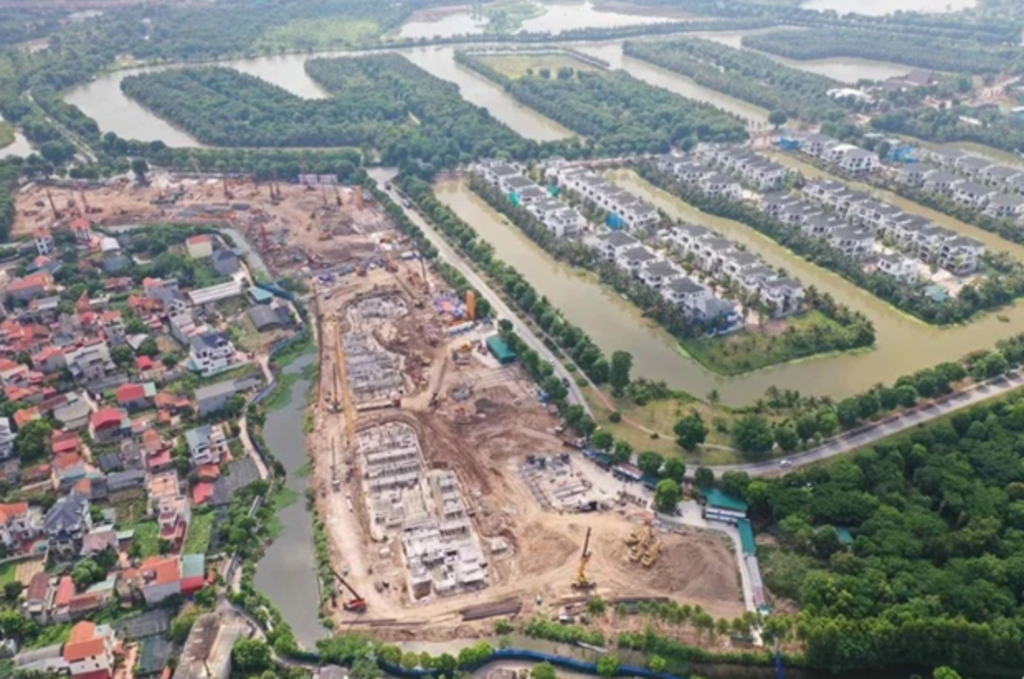 |
| Photo: VNA |
The Land Law (revised), which expands land use rights for overseas Vietnamese (OV) and Vietnamese citizens residing abroad, meets the aspirations of OVs and contributes to mobilizing investment resources to Vietnam at the same time, said Nguyen Duc Hieu, standing member of the National Assembly (NA) Economic Committee.
Hieu cited statistics from the State Committee for OV Affairs showing that Vietnam currently has about 6 million people living, residing and studying in 130 countries and territories, mostly developed, with about 600,000 people holding university degrees or higher.
Article 4 of the Law includes the group of the Vietnamese origin residing abroad but without the Vietnamese nationality (also known as overseas Vietnamese) as land users, providing them with full rights to land use and housing like domestic citizens and Vietnamese residing abroad who have the Vietnamese nationality, the official noted.
Article 28 also clarifies that people of the Vietnamese origin residing abroad who are permitted to enter Vietnam are allowed to buy and rent houses associated with residential land use rights, and receive residential land use rights in housing development projects, inherit the right to use residential land and other types of land in the same plot of land with houses, he said, adding that these regulations are not included in the current version.
Deputy Managing Director of Savills Vietnam Troy Griffiths commented that this change will bring more investment opportunities to real estate buyers being OVs, while creating great potential for the market thanks to direct investment capital from OVs.
He held that OVs are potential real estate investors, as many of them wish to return to the homeland or own land use rights at home.
According to the State Committee for OV Affairs, the amount of remittances to Vietnam from 1993 (the first year of remittance statistics) to the end of 2022 topped 190 billion USD, nearly equal to the amount of FDI disbursed in the same period.
Statistics from the Central Institute for Economic Management showed that in 2016, about 15-20 percent of that amount was invested directly in real estate, which was equal to about 10,000 apartments per year.
Doan Van Binh, Vice President of the Vietnam National Real Estate Association and Chairman of CEO Group, said that Vietnam should act to improve the investment environment to be ready to welcome foreigners seeking opportunities in the country.
He stressed the need for Vietnam to apply stronger measures to attract foreign investment flows to the domestic real estate market.- (VNA/VLLF)









